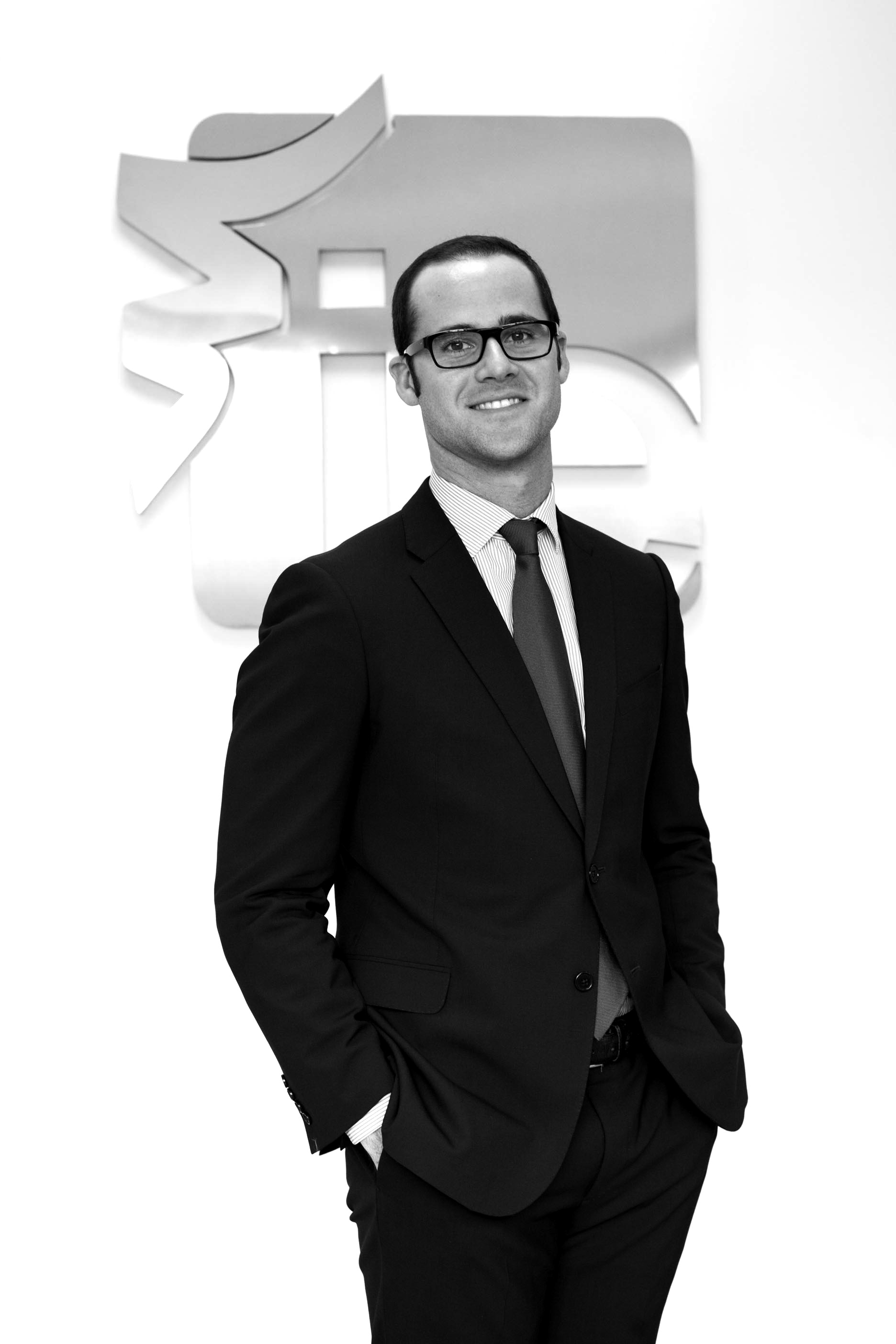
With quotas you encourage companies to self-regulate
The percentage of women taking up an MBA is increasing, but to attract female students is still hard work as clichés persist and women still struggle to reach executive levels. Madrid’s IE Business School is actively looking to attract more women to its programmes by hosting events in the Asia Pacific region. During his tour, Joël McConnell, Director of International Development Asia Pacific Region at IE Business School, stopped by MBA Channel in Sydney to talk about what holds women back and why he thinks more countries should, at least short term, introduce quotas for women.
In your full-time MBA programme at IE Business School only 28 per cent of students are female. That’s not a very high number…
True. Looking at their profiles, our MBA students are between 28 and 32 years of age and many people in this age group face other important decisions and there’s some decisions that only women can make during that time. Leaving your workplace and home for 12-14 months is a big decision in many respects, not just financially. And many women look at their return-on-investment, with regards to developing their professional profile before they start a family.
How can business schools better engage with female professionals?
It is on us to make sure that women do not self-select out of the MBA application process by offering more support, for example in the form of scholarships. But that’s not all we’re doing. During our current ‘Women in Business Tour’ we’re trying to support entrepreneurial women, encourage them to take on leadership roles and generate economic growth. Particularly in China and Indonesia, we want to foster women entrepreneurs who are starting small businesses that contribute to the community. But corporations also need to step-up and reflect on how they can keep women engaged until an executive leadership position for them opens up while they start a family at the same time.
Apart from your full-time MBA you also offer blended programmes that have an important online component. Do they work better for women?
Yes, for women who want a more flexible option, and so today about 40 per cent of students in these programmes are women. The Global MBA programme allows you to balance many different things in your life: work, family and studying. It is an intense 13 to 15-month programme, depending on your profile, but it gives you that extra flexibility that makes the option more attractive to many women.
US News recently reported that women often tend to take specialised master degrees in communication and marketing. Is this a trend you can see as well?
We do offer these specialised masters degrees at IE Business School as well but these people have a very specific view where they want to go sector and function-wise. In my opinion if you focus on communication or marketing, it might lock you into a too-specialised role and might limit you to a communications only role for example, whereas a full-time MBA gives you a more generalised knowledge that you need to lead organizations generally.
So you would discourage women to go into those specialised programmes?
I would recommend doing a dual-programme, which includes an MBA component. Or alternatively, maybe load up on certain types of electives to get the specialised expertise while still working towards an MBA degree. It gives you a broader view of how to lead, and balance competing business area interests.
But an MBA is an expensive education option and women still earn considerably less than men despite having MBA degrees…
I think it’s frustrating in these times that we don’t have equal pay and responsibility, for equal talent. But if corporations are not willing to promote women into senior executive positions, then perhaps the proposed quota system makes a lot of sense. With quotas you encourage organizations and sectors to self-regulate.
Many people argue that government quotas like in Norway where companies need to put at least 40 per cent women on a company board won’t work across the globe as there aren’t enough women willing to take up leadership roles.
That sounds like an easy excuse to me. Just take Annika Falkengren, who heads SEB AB, one of Sweden’s biggest banks. She heads the bank successfully and has a family. Companies need programmes to help women through the family founding process and question more what the right approach to work is. Is it necessary for people to be in the office from 8 to 5 or can they work from at home as well for example?
Working from different locations worldwide and forming a virtual team is hailed to be the future of work anyway…
Developing virtual leadership skills is key, as many companies are looking to scale back the use of expensive expatriate packages. Completing an MBA programme in a blended format means that in addition to getting an MBA degree from a top school like IE Business School, students develop the ability to lead teams without the comfort of geographic proximity. They also learn how to deliver on organizational objectives, and source talent wherever it may be globally.
Interview by Barbara Barkhausen
